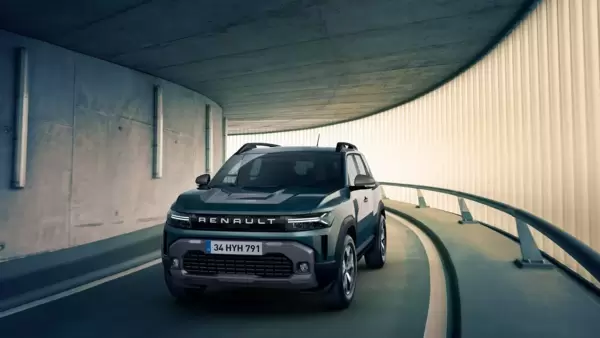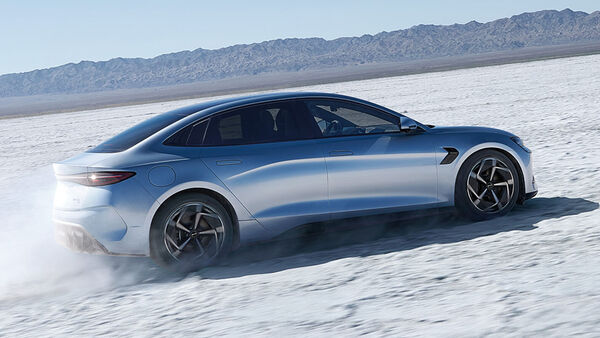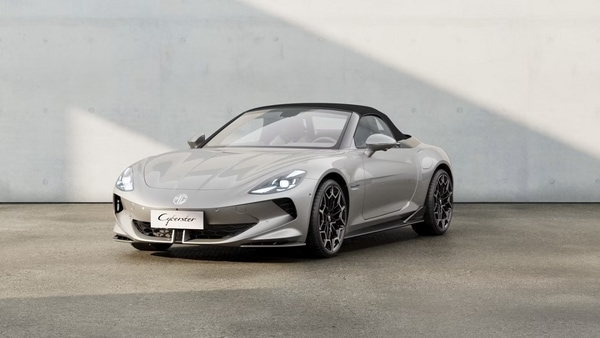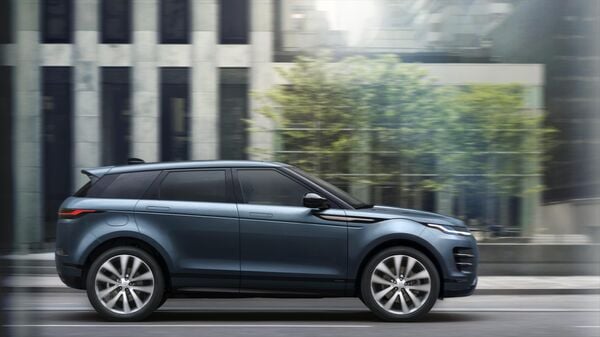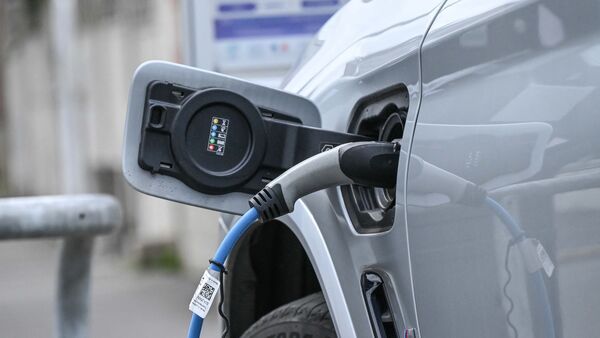
What Stands in the Way of Electric Vehicle Purchases in India?
4 months ago | 5 Views
The electric vehicle (EV) market in India has experienced notable growth in recent years; however, it remains relatively small when compared to the overall passenger vehicle market. The EV revolution in India is primarily driven by two- and three-wheelers, while battery-powered cars are largely limited to urban areas. In 2023, electric vehicles constituted approximately six per cent of total vehicle sales in the country, in contrast to around 30 per cent in China and 10 per cent in the United States. This raises the question: what factors are preventing Indian consumers from fully embracing battery-powered transportation?
A whitepaper published by Forvis Mazars, a prominent audit, tax, and advisory services firm in India, indicates that range anxiety is the foremost concern for prospective EV buyers in the nation. As of February 2024, the report notes that India had only 12,146 public charging stations, which equates to roughly one charging station for every 135 electric vehicles. In comparison, China boasts about one public charging station for every 10 EVs, while the United States has one for every 20 EVs.
Consequently, the whitepaper points out that approximately 90 per cent of current EV owners in India depend on home charging solutions to recharge their vehicles.
Where can I charge my EV?
Recharging an electric vehicle (EV) presents more challenges than refuelling a traditional combustion engine vehicle. A survey by Forvis Mazars revealed that the accessibility of public charging stations is a significant concern, with 25 per cent of these chargers frequently out of service due to technical malfunctions, inadequate grid connectivity, or maintenance delays.
Additionally, the duration required for charging poses another challenge. According to the whitepaper, the typical charging time for an EV in India ranges from 90 to 120 minutes, which is considerably longer than the global average of 30 to 60 minutes.
How can India fast-track EV adoption?
India, recognized as the third-largest vehicle market globally, stands on the brink of significant advancements in the electric vehicle (EV) sector. Tata Motors currently dominates the electric car market, while competitors such as Mahindra, Maruti Suzuki, JSW MG Motor, Hyundai, and Kia are actively broadening their product offerings.
According to Forvis Mazars, several critical factors are driving the accelerated adoption of EVs in India. These include the development of long-range batteries, the availability of more cost-effective electric vehicle options, and the establishment of a comprehensive charging infrastructure that extends beyond urban areas. In the context of two- and three-wheelers, implementing battery-swapping solutions could significantly alleviate concerns related to range limitations.
HOW DID YOU LIKE THIS ARTICLE? CHOOSE YOUR EMOTICON!
#

